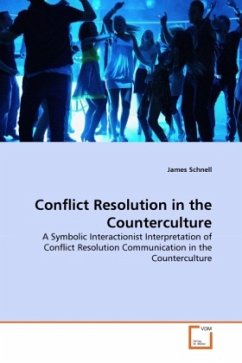Counterculture opposed to dominant culture. sociological term used to describe the values and norms of behavior of a cultural group, or subculture, that run counter to those of the social mainstream of the day, the cultural equivalent of political opposition. It is a neologism attributed to Theodore Roszak. Although distinct countercultural undercurrents have existed in many societies, here the term "counterculture" refers to a more significant, visible phenomenon that reaches critical mass, flowers, and persists for a period of time. A countercultural movement expresses the ethos, aspirations, and dreams of a specific population during an era a social manifestation of zeitgeist.It is important to distinguish between "counterculture", "subculture" and "fringe culture". Countercultural milieux in 19th-century Europe included the traditions of Romanticism, Bohemianism and of the Dandy. Another movement existed in a more fragmentary form in the 1950s, both in Europe and the US, in the form of the Beat generation, or Beatniks, followed in the 1960s by the hippies and anti-vietnam war protesters.
Bitte wählen Sie Ihr Anliegen aus.
Rechnungen
Retourenschein anfordern
Bestellstatus
Storno








